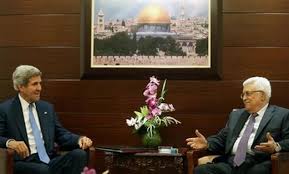
- There are significant practical problems in boycotting settlement goods. It is not easy for a customer to determine the provenance of every pineapple, and settlers will not be keen to assist boycotters by labelling their products meticulously. Would some of the energy devoted to calibrating the boycott be better spent on promoting Palestinian products?
- Would a "smart boycott" be more straightforward and more effective?
- Would a boycott simply play into the hands of settler extremists?
- The boycott aims to end the occupation of the West Bank. However it is unlikely that the Israeli withdrawal will be a single once-for-all episode. It is likelier to be gradual and reversible. So the conclusion of the boycott will be indefinite.
- A boycott can be a blunt instrument. For example Starbucks has been boycotted simultaneously by Palestinian sympathisers because its CEO has contributed to Zionist causes, and by Israeli activists because Starbucks withdrew its stores from Israel in 2003. Note also the experience of Tom and Jerry's icecream.
- Our calling as Quakers is to seek "that of God" in both Israelis and Palestinians. To boycott one group is to jeopardise our potential as peacemakers. Should we be more alert to the ethical implications of boycotts, and to the potential contribution of Friends both as Prophets and as Reconcilers?